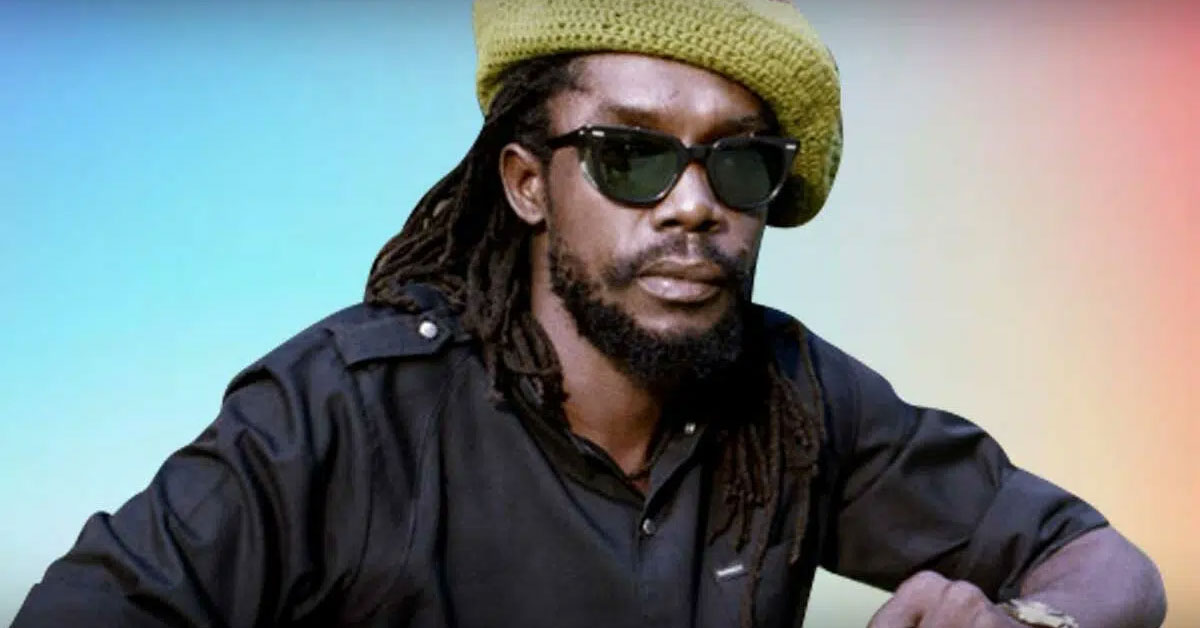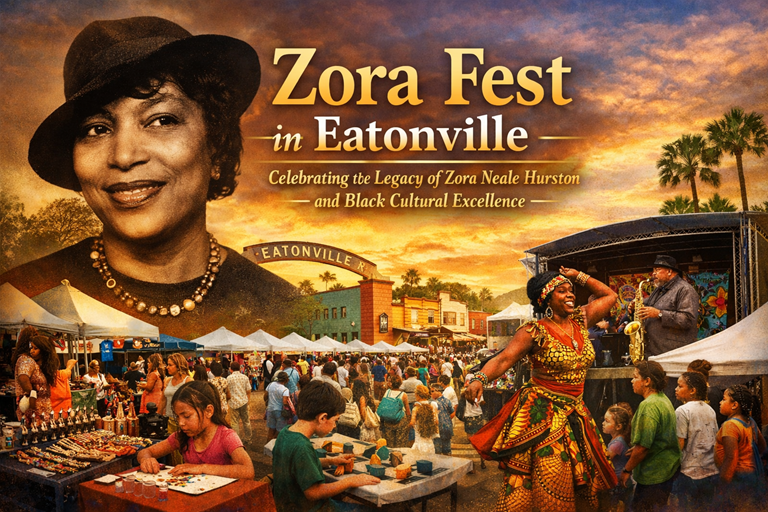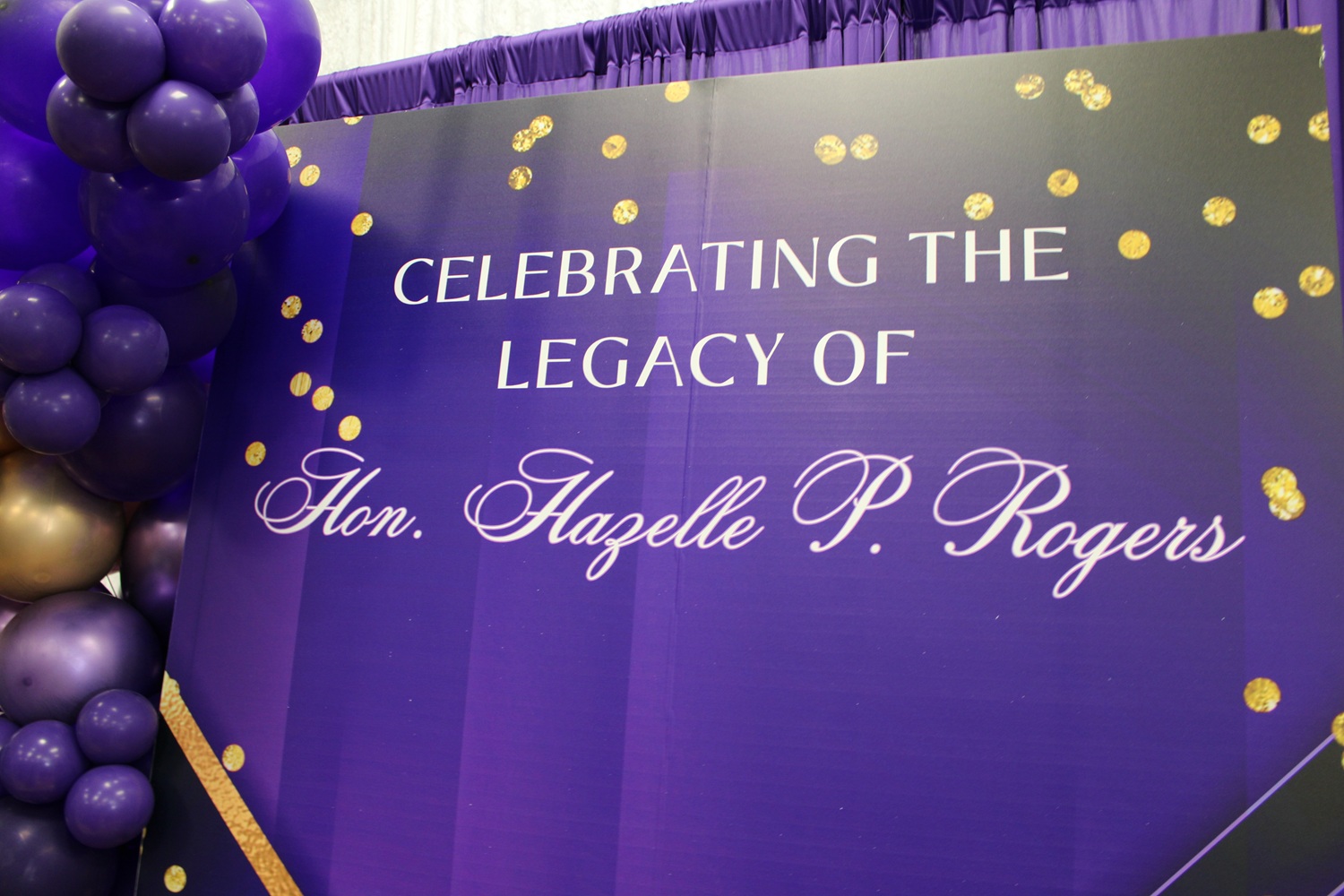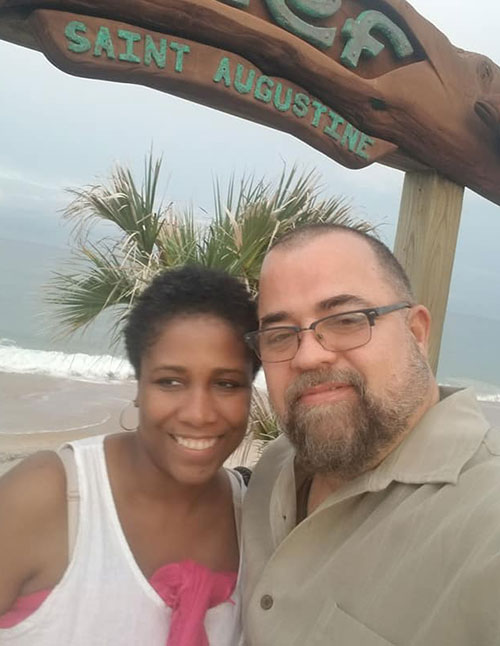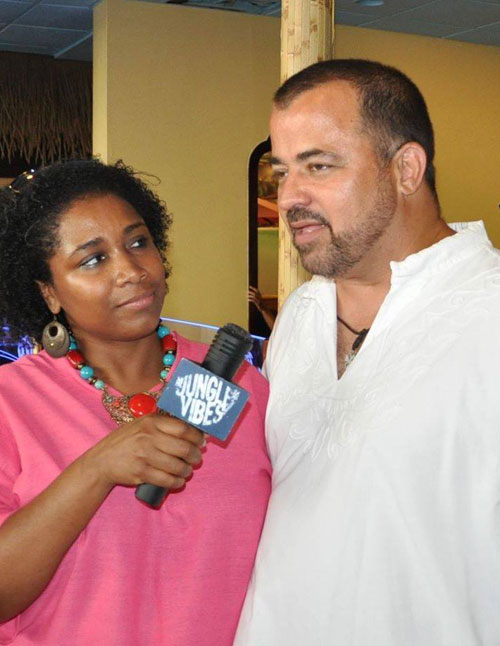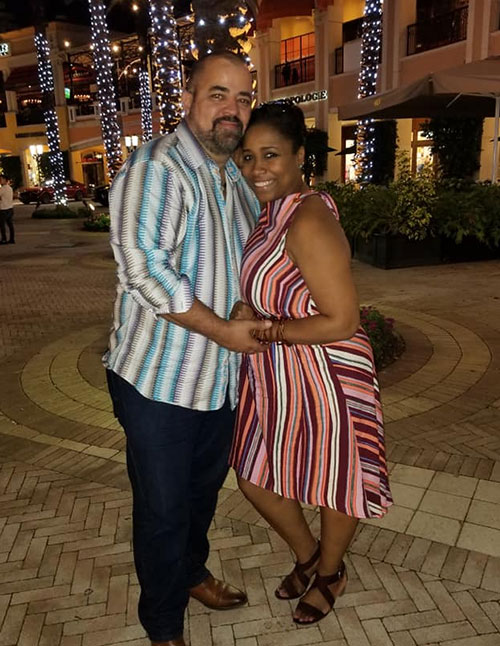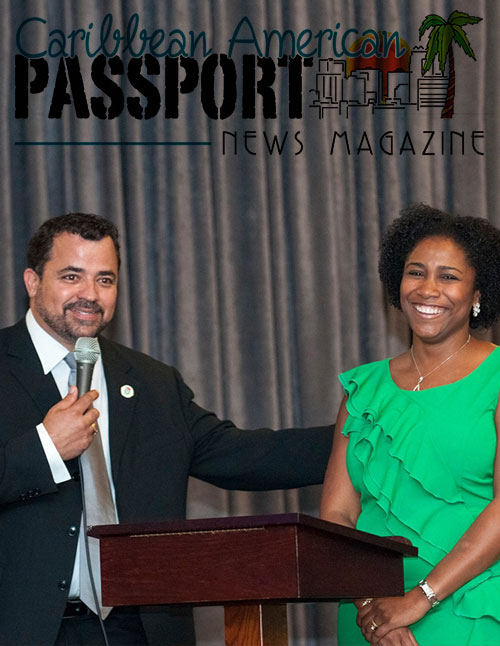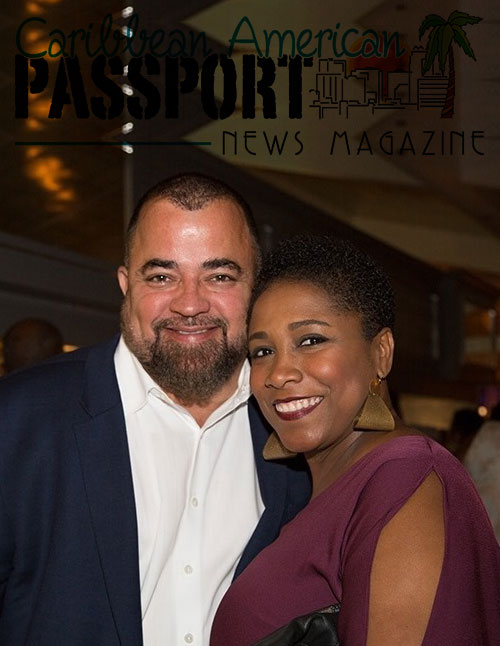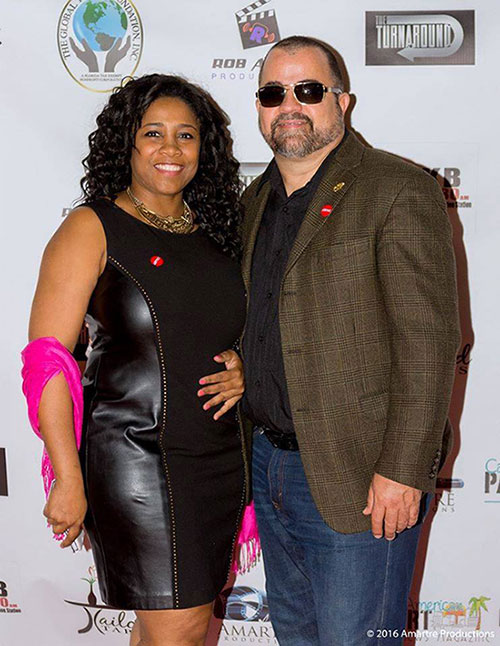The Rebel Prophet of Reggae
In the annals of reggae music, few figures stand as tall and as uncompromising as Peter Tosh. A luminary alongside Bob Marley and Bunny Wailer in the legendary Wailers, Tosh carved out a unique legacy as a fiery advocate for social justice, an unyielding voice against oppression, and a musical innovator whose influence continues to reverberate through generations.
Born Winston Hubert McIntosh on October 19, 1944, in Grange Hill, Jamaica, Tosh emerged from humble beginnings, his early life marked by the struggles and hardships typical of Jamaica's impoverished communities. Yet, it was within this crucible of adversity that Tosh found his voice, his music becoming a potent vehicle for both personal expression and societal change.
Tosh's journey into the world of music began in the late 1950s when he befriended two other young talents, Bob Marley and Bunny Wailer. Together, they formed the nucleus of what would later become the Wailers, a group that would redefine the sound and spirit of Jamaican music. With Tosh's electrifying guitar riffs, Marley's soulful vocals, and Wailer's rhythmic bass, the Wailers burst onto the scene, blending elements of ska, rocksteady, and traditional Jamaican music into a revolutionary new sound.
As the Wailers gained prominence, Tosh emerged as a powerful force within the group, his impassioned lyrics and uncompromising stance earning him the nickname "Stepping Razor." His solo compositions, such as "400 Years," "Equal Rights," and "Legalize It," became anthems of resistance, rallying cries against the injustices of racism, poverty, and political oppression.
At the heart of Tosh's music was a profound commitment to social change. He was unafraid to confront the status quo, using his platform to speak out against issues such as apartheid in South Africa, the legalization of marijuana, and the exploitation of the poor and marginalized. Tosh's activism was not confined to his music; he was a tireless advocate for human rights, often risking his own safety to stand up for what he believed in.
Tosh's uncompromising nature sometimes put him at odds with the mainstream music industry, but he remained steadfast in his convictions, refusing to water down his message for the sake of commercial success. Despite facing numerous challenges throughout his career, Tosh's influence continued to grow, earning him respect and admiration from fans around the world.
Tragically, Tosh's life was cut short when he was brutally murdered during a home invasion on September 11, 1987. Yet, his legacy endures, his music serving as a timeless reminder of the power of art to inspire change and challenge the status quo. From the streets of Kingston to concert halls around the globe, Peter Tosh remains a symbol of resistance, a rebel prophet whose voice continues to echo through the corridors of history.

